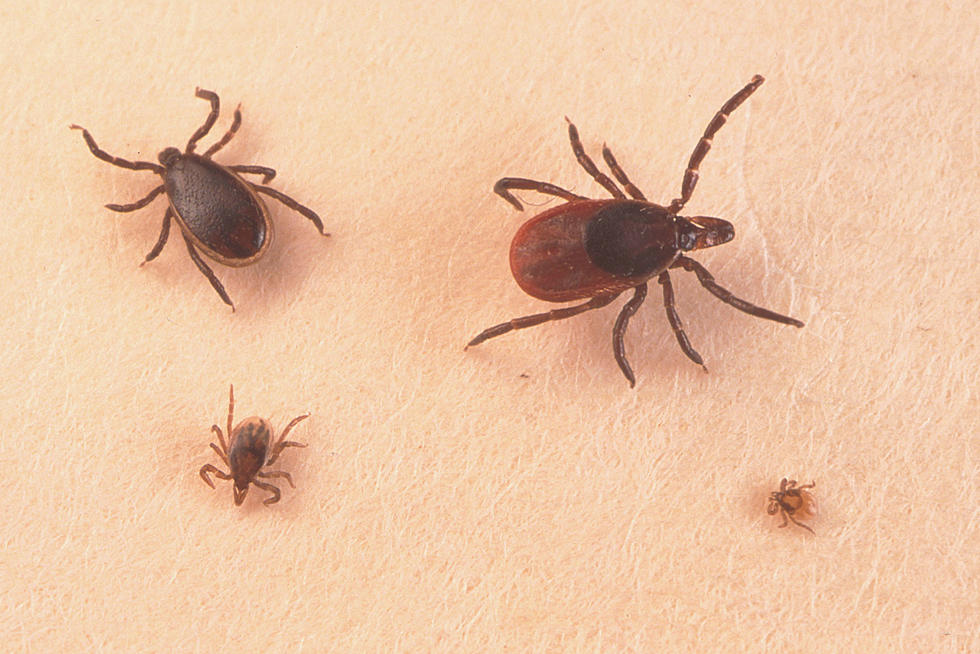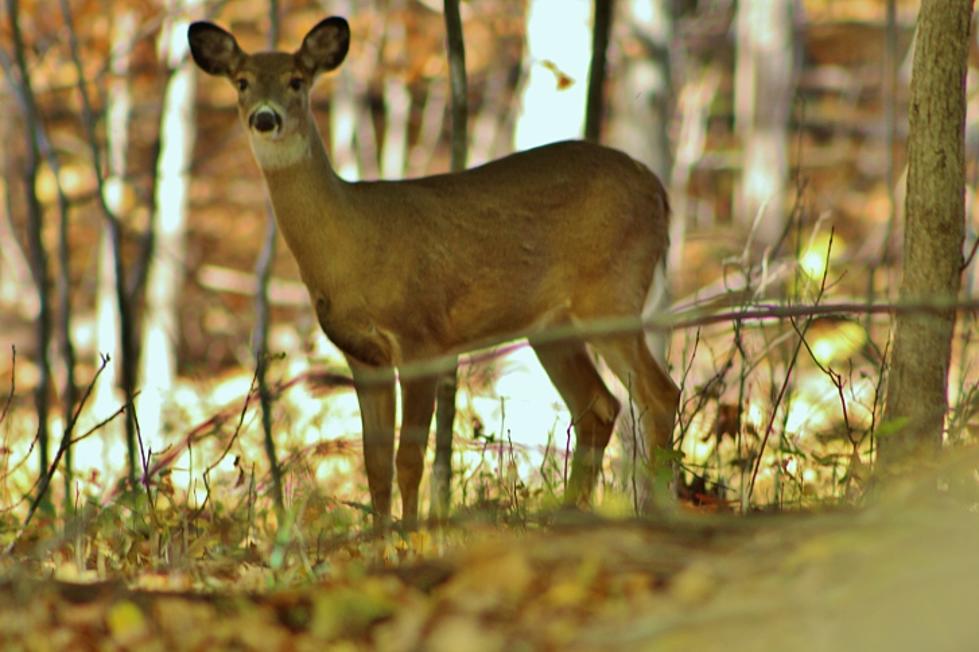
Summer Brings Sun and Insect-Borne Diseases
The summer is almost here and while many New Jersey residents are looking forward to some fun in the sun, it's also a time when insect populations transmit diseases that can and should be avoided. Among the insects are ticks that transmit Lyme Disease and mosquitoes that transmit the West Nile Virus.
"In the case of Lyme Disease, people should take the steps to avoid being bitten by deer ticks and especially to protect their children playing outdoors as well as to check the pet dog that is allowed to run free in the backyard or during a daily walk on a leash," said Leonard Douglen, executive director of the New Jersey Pest Management Association.
The deer population in New Jersey is estimated to be in excess of 70,000 which means deer ticks that transmit Lyme Disease are a constant threat. Birds, mice and squirrels can also host ticks and all have access to suburban yards and recreation areas across the state.
In its early stage, Lyme Disease is treatable. Early symptoms include a headache, stiff neck, numbness, tingling, fatigue, swollen glands or migratory pains that come and go. Late stage symptoms can be very serious.
"The Association recommends the use of repellents such as DEET," said Douglen. Although care should be exercised when applying to children.
If you find a tick on your body or on a pet dog, health care professionals recommend removing them with a tweezer by gripping its head and pulling it straight out in a slow, steady motion. Dogs should be examined regularly for ticks that can cause fatal paralysis. If you spend time outdoors, you are advised to wear light-colored clothes, keeping shirts tucked in and buttoned to avoid skin contact.
West Nile virus is transmitted by mosquitoes and an indicator is the presence of dead birds on one's property.
In 2012, five New Jerseyans died after contracting the disease. The State Health Department should be contacted to collect birds. Usually crows and blue jays are the most affected, but hawks and robins are also subject to the disease. Since mosquitoes breed in standing water, the Association recommends homeowners change the water in bird baths on a daily basis, empty water cans and other items where water can collect.
"As in the case of ticks, people should wear protective clothing such as long-sleeved shirts and pants. The use of insect repellents is strongly recommended," said Douglen.
More From New Jersey 101.5 FM









